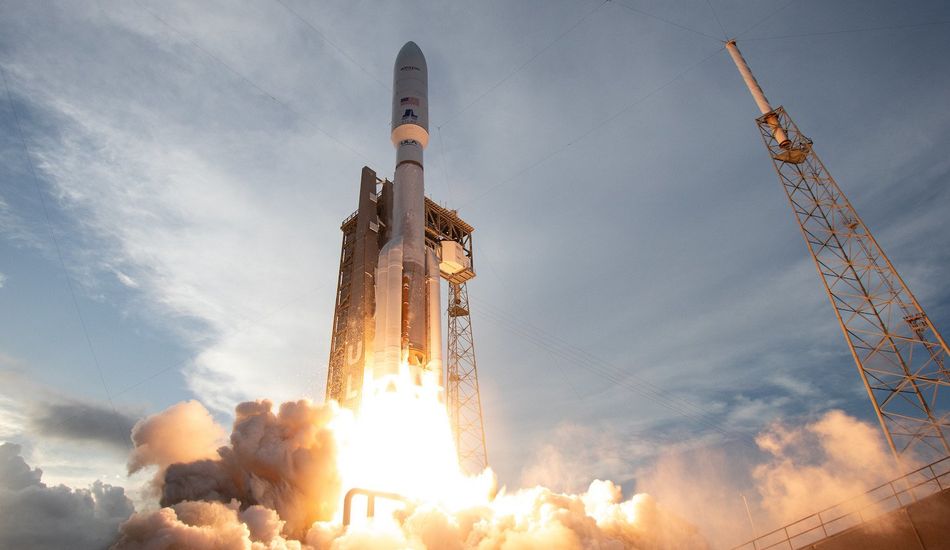
Amazon Launches Satellites to Challenge SpaceX's Starlink Dominance
Amazon has officially entered the satellite internet arena with the successful launch of its Kuiper-1 mission. This marks a significant step in the company's ambitious Project Kuiper, designed to compete directly with SpaceX's established Starlink network.
The mission, which launched from Cape Canaveral, Florida, saw the deployment of 27 satellites aboard a United Launch Alliance (ULA) Atlas V rocket. Following the launch, Amazon confirmed successful contact with all 27 satellites, stating that initial deployment and activation sequences are proceeding as planned. These satellites will operate in low Earth orbit, maintaining an altitude between 367 and 391 miles (590 and 630 kilometers).
Each Kuiper satellite is equipped with an active propulsion system, including a custom-built thruster and a krypton-filled propellant tank. This system is crucial for maintaining the satellite's altitude and position in the face of atmospheric drag, ensuring they remain within 5.6 miles (9 km) of their designated orbital paths.
The Race to Connect the World
Project Kuiper aims to provide fast and affordable internet connectivity to various regions across the globe. While Amazon's initiative has faced delays, the company is under pressure to meet deadlines set by the Federal Communications Commission (FCC). The FCC mandates that Amazon launch 50% of its Project Kuiper satellites by 2026, and the remainder by 2029. Failure to comply may result in the need for an extension application.
SpaceX's Starlink currently dominates the market, with over 7,000 satellites already in orbit and providing high-speed internet services to 70 countries. Amazon plans to deploy approximately 3,200 low Earth orbit satellites to form its initial constellation. The company has secured 80 upcoming launches with multiple commercial providers, including Arianespace, ULA, and Blue Origin, the space venture founded by Jeff Bezos.
Prior to this launch, Amazon successfully tested two prototype satellites, KuiperSat-1 and KuiperSat-2, in late 2023. These tests involved controlled maneuvering in low Earth orbit, demonstrating the viability of the technology. Jeff Bezos has expressed confidence in the potential for multiple successful players in the satellite internet market, anticipating continued success for both Starlink and Kuiper.
The successful deployment of the Kuiper-1 mission represents a significant milestone for Amazon and sets the stage for an increasingly competitive landscape in the race to provide global internet access via satellite.
Source: Gizmodo